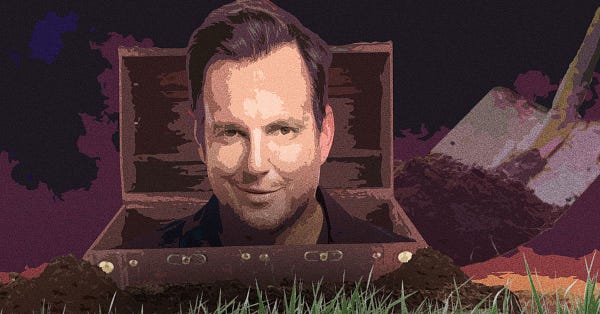

Questions are being raised about certain measures to try and stop the spread of COVID-19—from new permission for carding to concern about the prison population and potential cellphone tracking. Physical distancing patrols were active in Toronto and elsewhere on the weekend, which brought on a parallel kind of pandemic statistic.
No curbsides for legal weed
The Observer’s feature on why Canada’s joint endeavour failed coincides with claims of cannabis sales riding a new high. But it got trickier in Ontario when weed storefronts were moved off the essential business list, limiting legal purchases to online. Toronto’s illegal pot shop chain, CAFE, still used the transition to publicize its safety measures.
A dramatic claim of credit card compromise. Mirvish Productions cancelled all its Toronto stage shows through June 30. The ticket values default to credits for future productions—with hope that patrons will prefer to support the industry. But the added implication that refund processing is a security risk nowadays didn’t go over well.
Life beyond the battery club
Brian Levy rose through the ranks of RadioShack, and was president of its Canadian parent company, until it was sold to Circuit City in 2004. After a payout of about $11 million, Levy fulfilled his dream of becoming a doctor, and that led to this:
Shirley Douglas dead at 86. The actress from Weyburn, Saskatchewan, also made her name through activism in the tradition of her father, Tommy Douglas—and helped establish Friends of the Black Panthers while in Hollywood with then husband Donald Sutherland. (In announcing her death, son Kiefer noted it wasn’t due to COVID-19.)
Finally, cringing at the Cancon
Will Arnett is one of the stars hitched to Quibi, whose short-form mobile video content launches to a housebound North America. Memory Hole is notable for its first three retro topic choices: Toronto native Arnett recaps the SkyDome opening ceremony, deconstructs The Littlest Hobo, and salutes the singing Calgary Flames:








